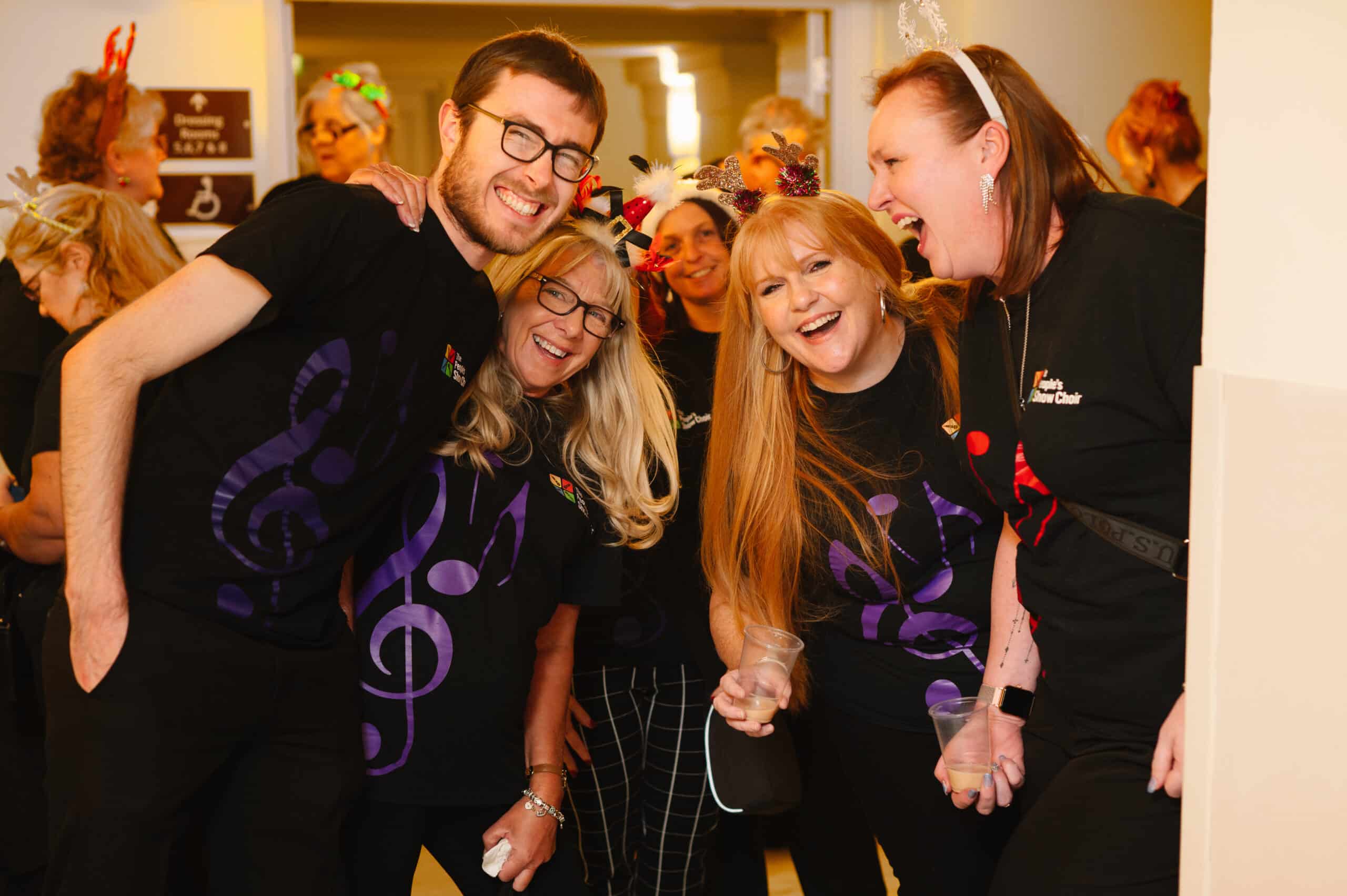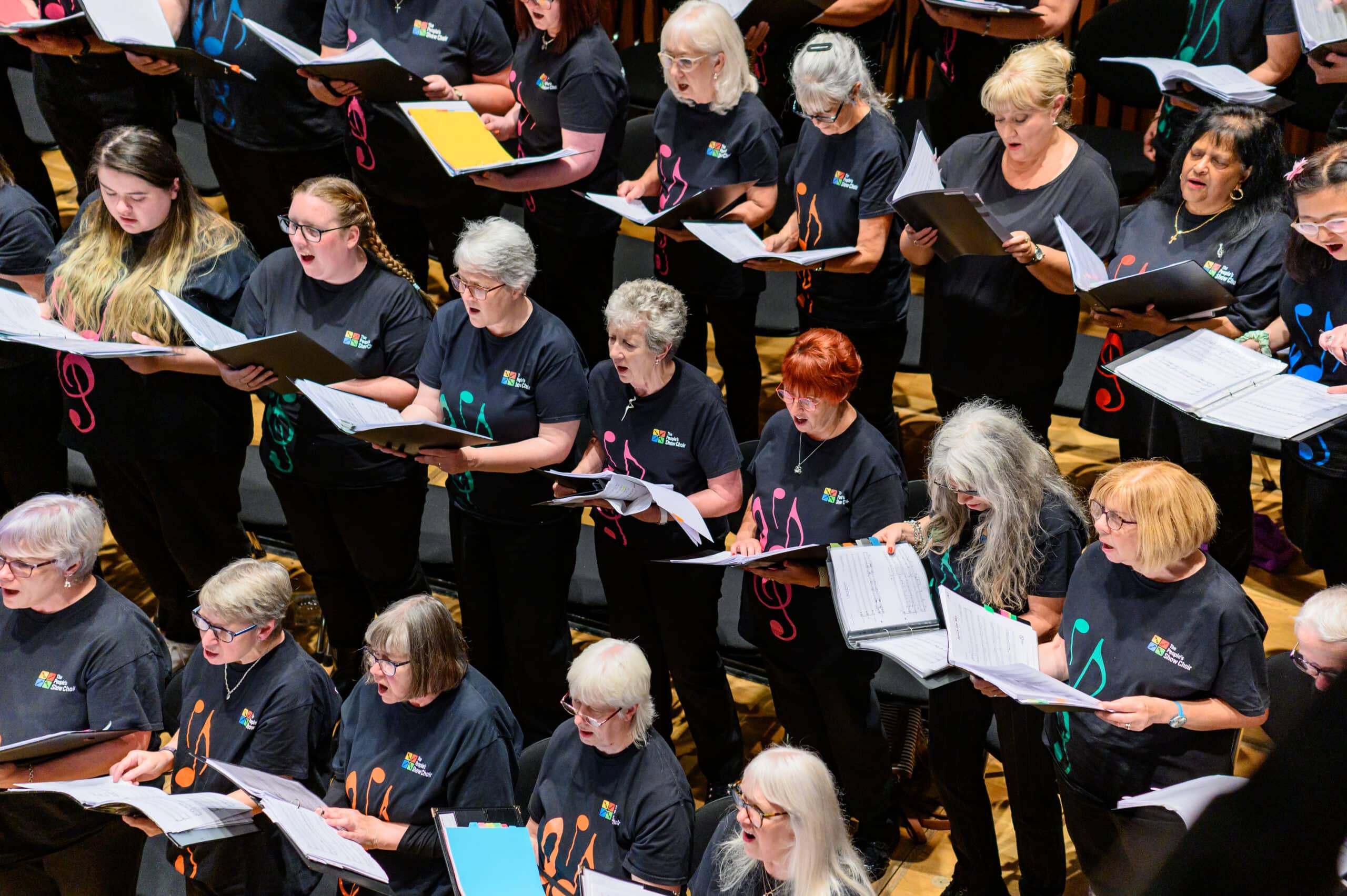Uplifting Voices: How Joining a Choir Can Help

Uplifting Voices: How Joining a Choir Can Help Address Issues Faced by Poor and Disadvantaged Communities in the UK
Poor and disadvantaged communities in the United Kingdom face a myriad of interconnected challenges that can seem overwhelming and insurmountable. From poverty and unemployment to poor housing conditions and limited access to essential services, these issues create significant barriers to social mobility and well-being. However, one often-overlooked solution that can help address some of these challenges is the simple act of joining a choir.
Choral singing has been shown to provide numerous health benefits, both physical and mental. Singing improves lung function, strengthens the immune system, and reduces stress by releasing endorphins. It also offers a physical workout for various muscle groups, helping to improve posture and delay the onset of age-related cognitive decline. For individuals living in disadvantaged communities, who often experience higher rates of physical and mental health problems, the therapeutic effects of singing can be particularly valuable.
Beyond the health benefits, participating in a choir can also have a profound impact on well-being. Singing boosts self-confidence and provides a sense of accomplishment, which can be especially important for those who may feel stigmatized or excluded from mainstream society. Choral singing offers a creative outlet for self-expression and can help regulate mood, reducing feelings of loneliness and depression. This is particularly relevant for disadvantaged communities, where rates of mental health issues are often higher due to the stresses of poverty and social exclusion. 
One of the most significant advantages of joining a choir is the opportunity it provides for social connection and inclusion. Choirs bring together people from diverse backgrounds, fostering a sense of community and shared purpose. This can be especially valuable for those living in disadvantaged areas, where opportunities for social interaction and networking may be limited. Choral singing encourages teamwork, improves communication skills, and provides a platform for having fun and making friends.
Moreover, choirs are often inclusive and accessible, welcoming members regardless of skill level or background. This makes them an ideal activity for people who may feel excluded from other social or cultural activities due to financial constraints, disability, or language barriers. By participating in a choir, individuals from disadvantaged communities can feel more integrated and develop a stronger sense of belonging.
In addition to the personal benefits, choirs can also play a role in community building and civic engagement. Many choirs perform at local events, fostering a sense of pride and connection to the wider community. This can be particularly important in disadvantaged areas, where residents may feel disconnected from the larger society.
While joining a choir is not a panacea for the complex issues faced by poor and disadvantaged communities in the UK, it can be a valuable tool in helping to address some of the challenges. By providing a source of physical and mental health benefits, fostering social connections and inclusion, and contributing to community building, choirs offer a simple yet effective way to uplift individuals and communities.
In conclusion, policymakers, community organizations, and individuals should recognize the potential of choral singing as a means of supporting disadvantaged communities. By investing in community choirs, providing access to singing programs in schools and community centers, and encouraging participation, we can help create a more inclusive and connected society, one voice at a time.







